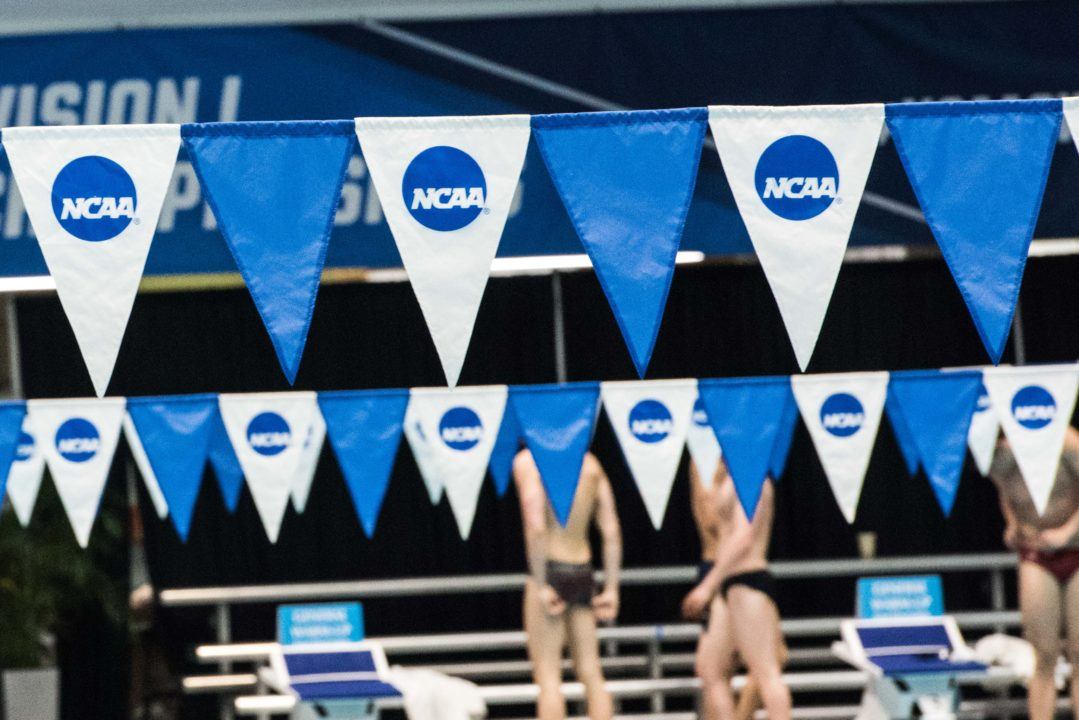Beginning July 1st, college coaches are permitted to call rising seniors in an effort to evaluate and recruit swimmers to their school. As a former college swimmer and someone who has spent countless hours on the pool deck talking with college coaches, I can tell you these can be meaningful conversations in helping coaches decide who they want on their team.
In speaking with college coaches, the best conversations with recruits include talking to individuals who are talkative, seem confident in what they are doing, and demonstrate a sense of maturity and independence. Unfortunately, coaches also, talk negatively about conversations with recruits as well. This generally results from recruits coming across as too quiet, unsure of what they want in college, or disinterested in what the coach has to say. Once July 1st arrives, make sure you are prepared to speak with a coach if the phone rings. If you are an underclassman, give this article some thought so you will be ready when your time comes around in a future year.
Here are 6 ways to making a favorable impression on a coach during a phone conversation.
- Talk– One word answers to questions quickly halt conversations and convey disinterest in a program. Elaborate on your answers and let coaches know what is on your mind.
- Sound Interested– Regardless of who is calling, give each coach undivided attention and listen carefully to his or her comments. Asking follow-up questions is a good way to show genuine interest in a program.
- Do Your Homework– If you know a particular coach is going to call you, research their program on the internet in advance and take notes. If you can surprise the coach with accurate information about their team, they will be impressed. Roster member names, school records, championship results, and facility details are good examples.
- Anticipate Questions– Think about what a coach might ask you and be prepared to give a quality response. Most coaches want to know about your upcoming competition schedule, recent meet results, who your coach is, what type of strength and conditioning program you participate in and what you are looking for in a college. Be honest in your responses and never make excuses. Ask coaches for their advice in matters that are important to you.
- Promote Yourself– Without coming across as too confident, let coaches know that you see yourself as someone who will be successful in college as both a student and an athlete. Remember, there are no guarantees that any swimmer will “make it” in college and most coaches have had a few bad apples in the past. Throughout the call, remain positive in your demeanor and give the coach a reason to feel good about your chances of succeeding in college.
- The Recruit, Not The Parents– While parents should always offer support and guidance, it is important to remember that the recruiting process is centered on their child. A coach will want to hear from the swimmer about their achievements, academics, and questions, as this displays a sense of maturity and independence. The initiative and enthusiasm displayed by the recruit during a conversation are key ways for the swimmer to accomplish this goal.
Admittedly, the task of talking to a college coach can be nerve wrecking. By being proactive in researching programs and understanding how to anticipate question s, a phone call with a college coach could advance your college recruiting process immensely. You never know but the next time the phone rings it could be your future college coach calling.
s, a phone call with a college coach could advance your college recruiting process immensely. You never know but the next time the phone rings it could be your future college coach calling.
I feel confident the insights I share can be instrumental in preparing you to talk with college coaches. If you need assistance in the process please visit my website, Streamline Swimming, for more information.

Great suggestions. One thing I would caution against, though, is trying to come across as someone you are not. Not everyone is talkative and gregarious and trying to be so is disingenuous. An experienced coach should know this and give a quiet or reserved student the ability to express themselves how they would normally do so.
I always try to avoid bringing up deceased pets as a matter of principle.
I think it’s purple
This article is a little late. Most of the top 10 recruits have committed already because the rules have changed!
Yes because solely top 10 recruits talk on the phone with coaches and get to swim in college.
It’s not solely the top 10, anyone can talk to coaches earlier. They just can’t take official visits until their high school starts school. There will be a few that transfers after their freshman because they didn’t take an official visit. You learn a lot about teams when you take an official visit, stuff you don’t see on Junior day or just walking around with a coach. The whole processes now is terrible.
If scholarship is discussed probably best not to say “Show me the MONEY!!!”